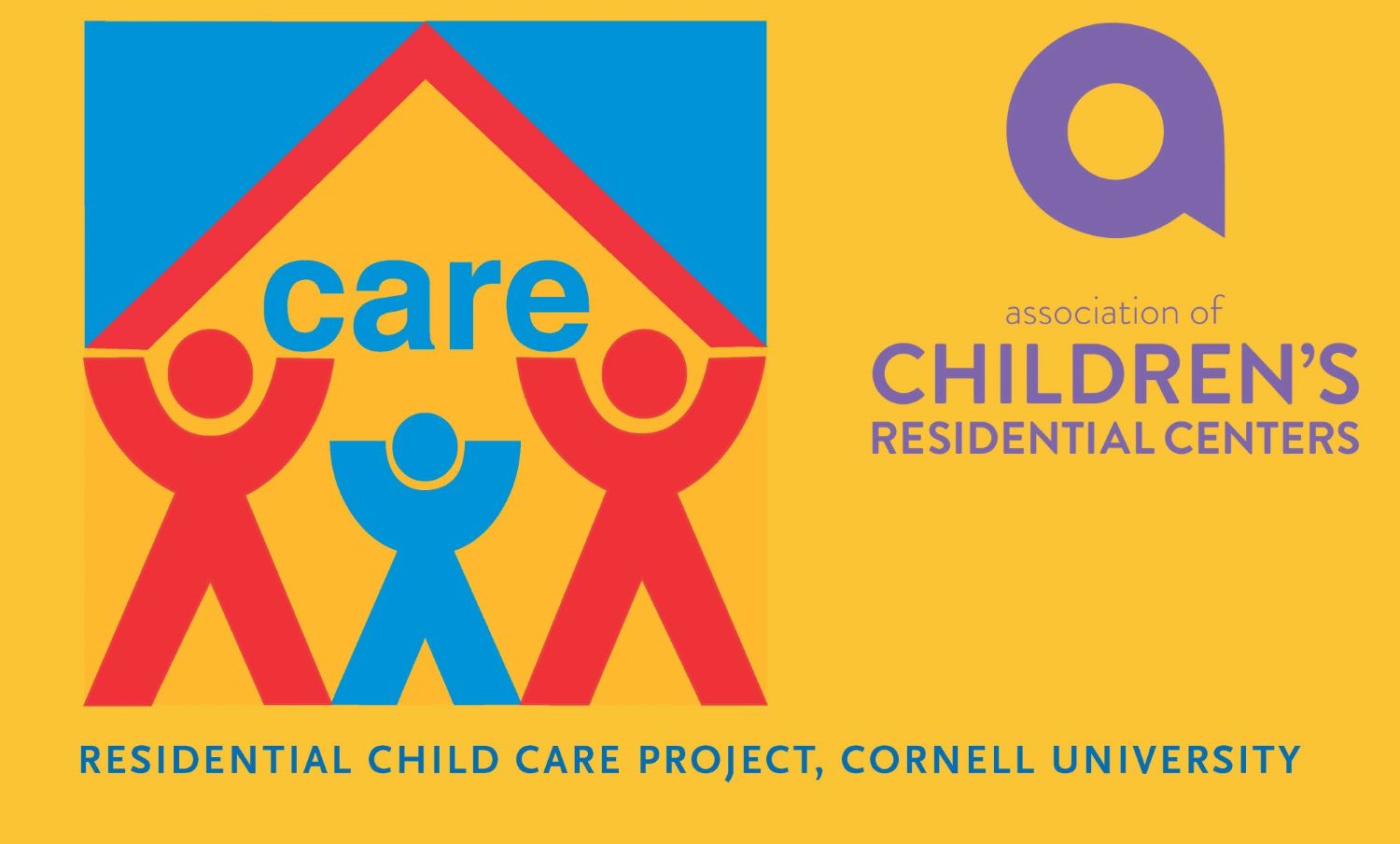Children and young people in residential care have often lived lives saturated with loss, neglect, rejection, and traumatic experiences. Children express the pain of trauma in various ways, namely pain-based behaviors manifesting in ways that often leave their care givers confused, frustrated, frightened, angry or exhausted. For residential caregivers to respond to children and young people in a consistent and therapeutic manner, residential environments must provide an ethos of respect, caring, and trust, creating a safe place for children and staff to live and learn together. In this webinar we will discuss the Children and Residential Experiences (CARE) model, its implementation, and evidence for its effectiveness and the Therapeutic Crisis Intervention (TCI), a crisis prevention and management system. CARE is a trauma-informed, principle-based, multi-component program designed to enhance the social dynamics in group care settings and help agencies create a living environment that provides developmentally enriching experiences for children in their care. By incorporating the CARE principles throughout all levels of the organization and into daily practice, the CARE program model has been shown to improve the capacity of staff to establish positive developmental relationships with the children in their care, offer developmentally enriching experiences and a “sense of normality”, and create cohesion and congruence throughout the organization. Through consistent and predictable compassionate and responsive interactions with adults, as well as opportunities to overcome challenges and to experience successful learning opportunities, children can grow, develop and thrive.
The Therapeutic Crisis Intervention (TCI) System helps child-serving organizations prevent and de-escalate potential crisis, build the capacity of adults to manage aggressive and violent behaviors avoiding potential injuries, and create a trauma-informed learning culture where everyone, children and adults, learn from experience.

Children And Residential Experiences:
Creating Conditions for Change
Wednesday, October 14th
Agenda
10:00 – 11:00 am CDT
Introductions, Overview and History of RCCP
Therapeutic Crisis Intervention (TCI)
-Overview, domains, and implementation
-Questions and discussion
CARE Model
-Overview – Why a model?, Goals and assumptions
-The CARE Principles – Implications for practice
-Questions and discussion
11:00 – 11:10 am CDT – Break
11:10 am – 12:10 pm CDT
CARE Implementation
-Overview of the implementation process
-Experiences of CARE organizations
-Questions and discussion
12:10 – 12:20 pm CDT – Break
12:20 – 1:30 pm CDT
Research
-California Evidence-Based Clearinghouse
-Research support for Theory of Change
-Summary of Research Program
-Questions and discussion
Presenters:
Martha Holden, Director, Residential Child Care Project (RCCP), Cornell University
Debbie Sellers, Director of Research, RCCP, Cornell University
Andrea Turnbull, TCI Program Manager, RCCP, Cornell University
Frank Kuhn, CARE Program Manager, RCCP, Cornell University
William Martin, Executive Director, Waterford Country School